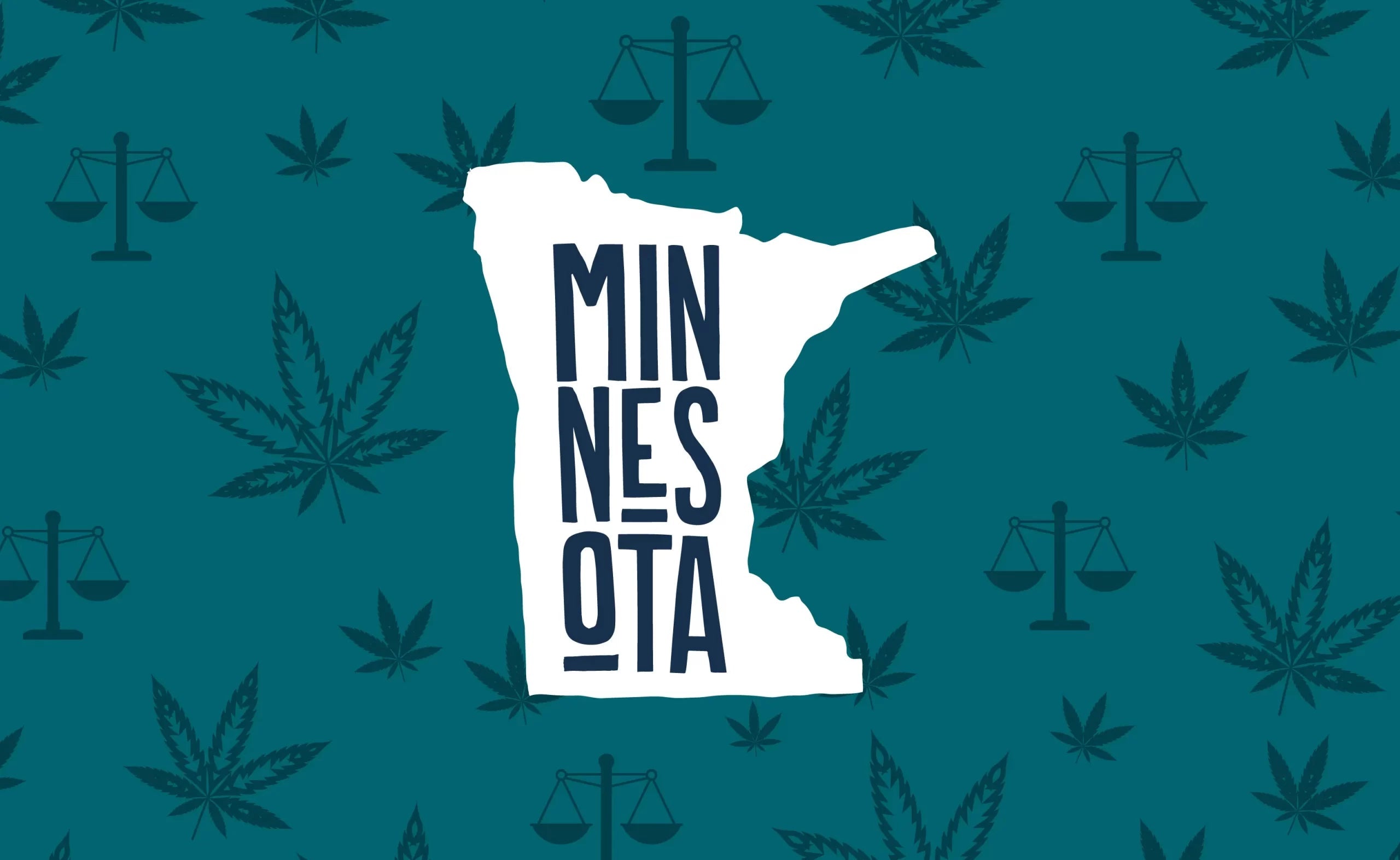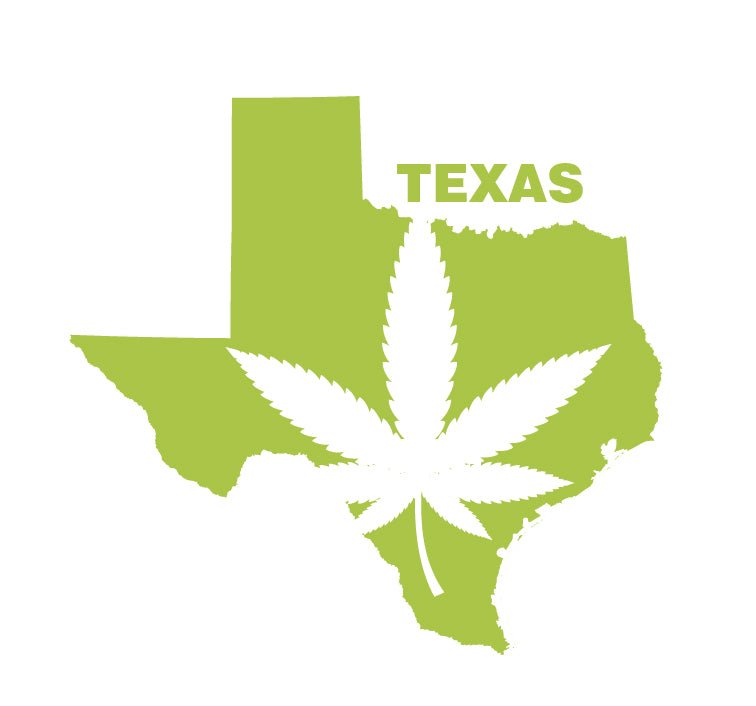The change, which comes amidst a nationwide crackdown on intoxicating hemp derivatives, could potentially cripple the already battered and bruised hemp industry.

It's been a very eventful Spring for officials at the U.S. Drug Enforcement Agency (DEA). Earlier this month, the agency finally made the decision to take the recommendation from the Department of Health and Human Services (HHS) and reschedule cannabis from a Schedule I narcotic to a Schedule III drug on the federal government's Controlled Substances Act.
Ultimately, the decision by the DEA to move cannabis to a Schedule III drug means the agency has generally accepted the findings from a nearly year-long scientific review into marijuana carried out by HHS before it shared its scheduling recommendation.
During that evaluation process, HHS found that cannabis "has a currently accepted medical use in treatment in the United States" and has a "potential for abuse less than the drugs or other substances in Schedules I and II."
Now, as May is quickly coming to a close, officials at the DEA are taking a much more harsh and potentially catastrophic approach to the nation's rapidly expanding and much-maligned hemp industry.
According to multiple media outlets, this past week, the agency submitted a letter from Terrence Boos, chief of the agency's drug and chemical evaluation section, expanding the definition of THC to include THC-A, a precursor to THC present in hemp, which, when heated, converts into the intoxicating cannabinoid delta-9 THC.
What makes Boos' letter so potentially worrying for hemp industry advocates and stakeholders is how it could potentially impact the intoxicating hemp derivatives (IHDs) market as well as the non-intoxicating CBD and industrial hemp market sectors.
Under the details of the 2018 Farm Bill, which legalized hemp and all of its downstream products and uses, hemp is defined as any part of the cannabis sativa plant containing less than 0.3% delta-9 THC. With the update via Boos' letter, that extremely low threshold level will now include THC-A.
The DEA's change in policy comes at a particularly sensitive and critical juncture for the nation's young but substantial hemp market. Last week, U.S. Rep. Mary Miller (R-IL) filed a proposed amendment that would federally ban products containing detectable amounts of hemp-derived THC along with any cannabinoid "synthesized or manufactured outside of the plant."
Miller's amendment would also redefine hemp under federal law as any cannabis plant with 0.3% or less delta-9 THC, including tetrahydrocannabinol acid, or THC-A. A few days after proposing the highly punitive and rigid amendment, the House Agriculture Committee voted to approve Miller's addendum to the House version of the Farm Bill.
If the proposed $1.5 trillion spending bill, with Miller's amendment, makes it to the House floor and passes, THC-A, along with other IHD compounds like delta-8 THC, delta-10 THC, THC-O-acetate, HHC, and THCP, some of which can be synthetically manufactured in a lab, would become illegal.
"For the purposes of enforcing the hemp definition (in the original 2018 Farm Bill), the delta-9 THC level must account for any . . . THCA. THCA does not meet the definition of hemp under the CSA (Controlled Substances Act) because, upon conversion for identification purposes as required by Congress, it is equivalent to delta-9-THC," Boos wrote in the letter.
"For the purposes of enforcing the hemp definition (in the original 2018 Farm Bill), the delta-9 THC level must account for any . . . THCA. THCA does not meet the definition of hemp under the CSA (Controlled Substances Act) because, upon conversion for identification purposes as required by Congress, it is equivalent to delta-9-THC."
- Terrence Boos, Chief of the DEA's Drug and Chemical Evaluation Section
Along with the devastating impact of the DEA's updated definition and Miller's amendment to the proposed Farm Bill on the IHD market, many hemp stakeholders worry that by lumping delta-9 THC and THC-A together, the policy change could push many hemp crops well beyond the 0.3% limit. In doing so, the ruling could negatively affect farmers producing flowers for CBD and those cultivating hemp for fiber and grain production.
For now, Boos' letter will serve more as a scare tactic than an actual enforcement policy. With the agency's resources already spread paper thin by the continuing opioid overdose crisis and the flood of heroin and meth surging across the southern border of the United States, the outsized energy placed on a comparatively benign plant with elements of intoxicating compounds seems to be somewhat of an overkill approach.
Many Capitol Hill politicos believe the Farm Bill, while generating a lot of media buzz with all of the IHD talk, will likely not even pass during this Congressional session as lawmakers wait for the Presidential election results before they make any substantial legislative moves. In the meantime, lobbyists on both sides of the polarizing issue will continue to bluster and rant over an issue that, in five to ten years, will seem laughably unnecessary.







































